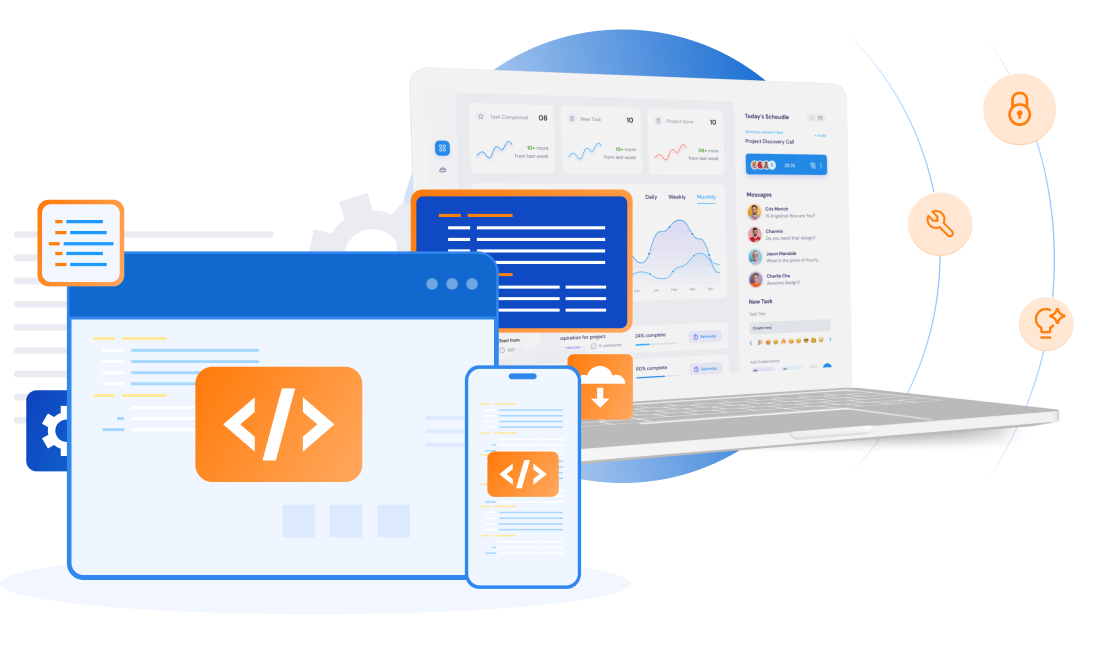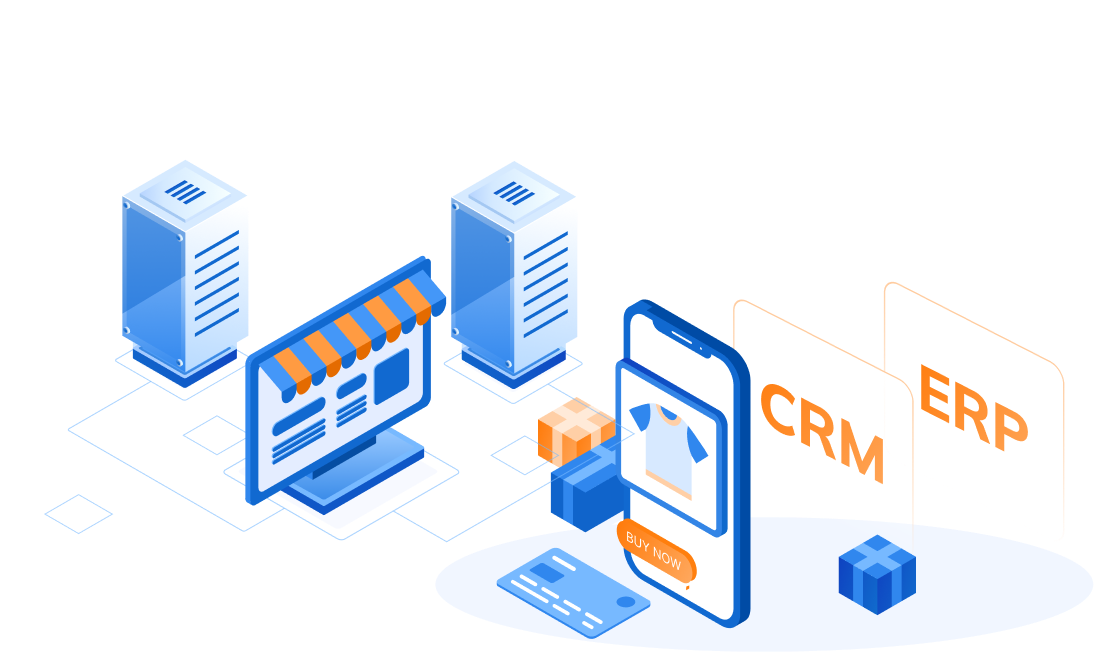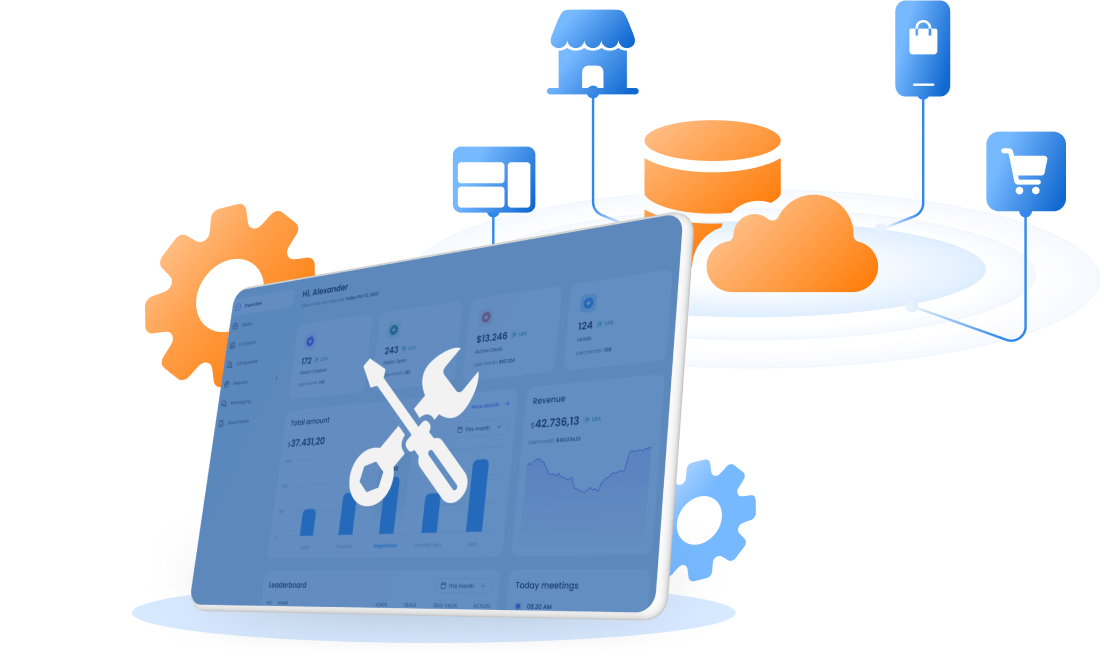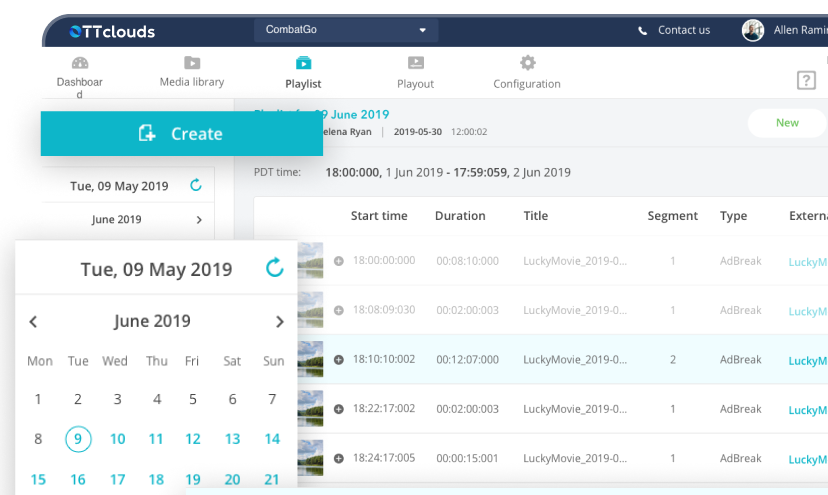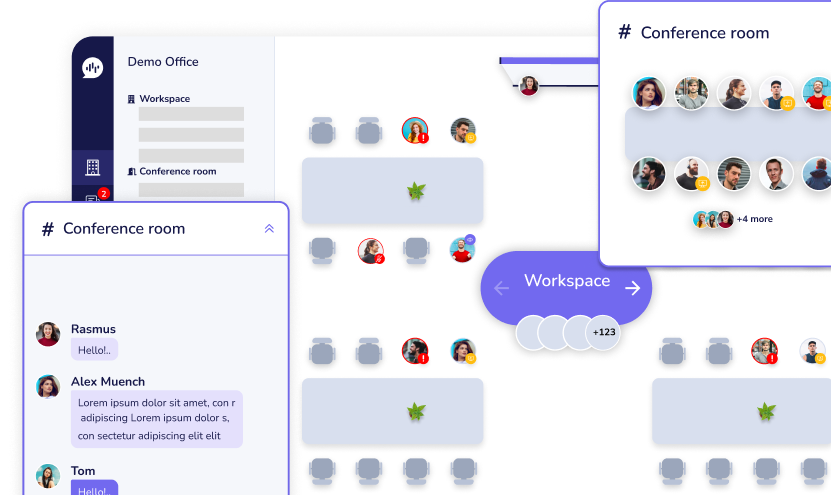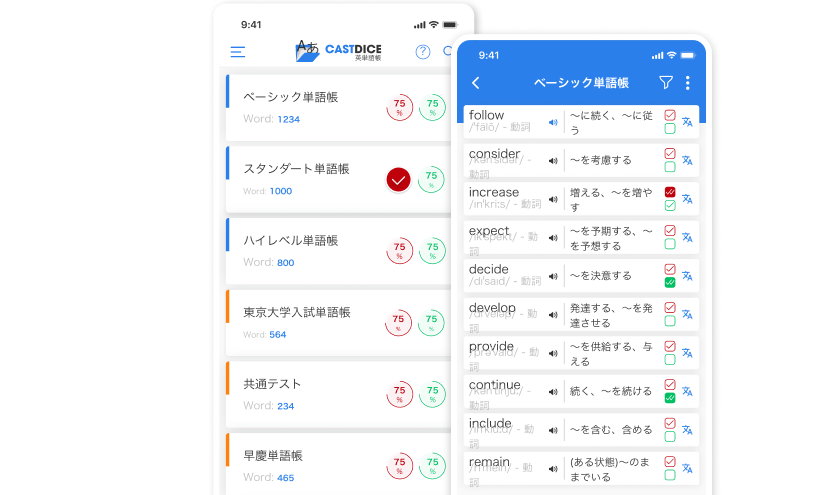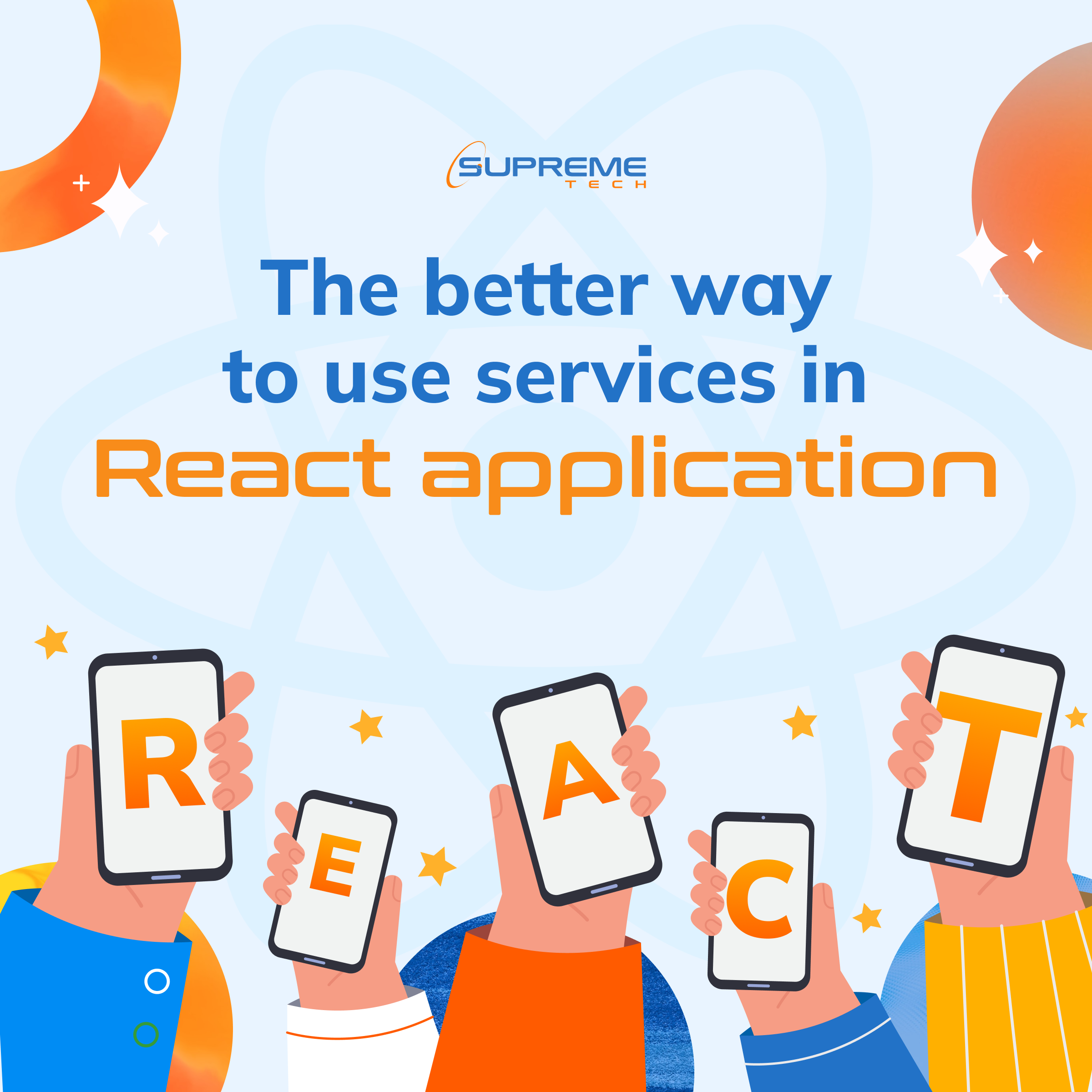The Benefits of Shopify Migration for B2C Business: Why Outsourcing Is A Wise Choice
14/08/2023
1.13k
Table of Contents
Shopify migration offers numerous benefits for B2C business sites, enabling them to enhance their online presence and streamline operations. However, implementing and managing the migration process can be challenging, requiring careful consideration and expertise. This is where the outsourcing model becomes a wise choice. Businesses can eliminate unwanted hassles and focus on their core operations by entrusting the migration to professional Shopify migration service providers.
Related articles:
- Exploring 7 Top Online Food Ordering Systems for Small Businesses
- A to Z about Shopify App Bridge
- Offline-to-Online Commerce with Shopify Plus

Benefits of Shopify Migration for B2C Business
Enhanced user experience and design options
One significant advantage of Shopify migration is the improved user experience and design options it provides. With Shopify’s robust and user-friendly platform, businesses can create visually appealing and highly functional websites. For instance, Shopify offers responsive design templates that adapt to various screen sizes, ensuring optimal viewing experience on desktops, tablets, and mobile devices. By migrating to Shopify, businesses can take advantage of these design options to create a seamless and enjoyable shopping experience for their customers.
In addition, Shopify’s optimized infrastructure contributes to faster website speed and performance. A study by Kissmetrics found that a one-second delay in page load time can result in a 7% decrease in conversions. Businesses can optimize their website’s performance, reducing bounce rates and increasing customer engagement when migrating websites to Shopify. This, in turn, can lead to higher conversion rates and improved overall business performance.
Robust e-commerce features and scalability
Another key benefit of Shopify migration for B2C business sites is access to a wide range of e-commerce features and scalability. Shopify offers comprehensive tools and functionalities that empower businesses to manage their online stores effectively. For example, Shopify provides flexible product catalog management, allowing businesses to add, edit, and organize their products easily. With features like variants and collections, companies can efficiently showcase their product offerings, making it easier for customers to find what they’re looking for.
Furthermore, Shopify’s seamless integration with third-party apps and plugins expands the capabilities of a business’s online store. Whether it’s integrating with popular payment gateways, email marketing tools, or social media platforms, Shopify’s custom app store offers a vast selection of extensions that can enhance the functionality and reach of a business’s online presence. This flexibility and scalability make Shopify an ideal choice for businesses looking to grow and adapt to changing market demands.
Read next:
Makuake STORE – Shopify store development services for an original crowdfunding site
Streamline Your Operations With Shopify Order Management App
The Ultimate Guide to Shopify Custom App Development: Building Tailored Solutions for Your Business
Streamlined operations and simplified management
Moreover, Shopify automates various marketing and sales processes, saving businesses time and resources. For example, businesses can set up automated email marketing campaigns using apps like Klaviyo or Omnisend to engage with customers, recover abandoned carts, and offer personalized promotions.
Additionally, Shopify provides analytics and reporting tools integrated with apps such as Google Analytics or Metrilo, offering valuable insights into customer behavior, sales performance, and marketing effectiveness. These data-driven insights enable businesses to make informed decisions and optimize their strategies for better results.
Challenges of Implementing and Managing Shopify Migration
Potential complexities and technical hurdles
While the benefits of Shopify migration are significant, businesses must be aware of the potential complexities and technical hurdles involved in the process. One challenge is migrating data from the existing platform to Shopify. Depending on the complexity of the business’s current setup, migrating data, including product information, customer data, and order history, may require careful planning and execution to ensure a smooth transition. Compatibility issues between different platforms can further complicate the process, requiring data mapping and migration strategies expertise.
Additionally, businesses migrating to Shopify may encounter customization limitations and a learning curve. Shopify’s platform offers a wide range of customization options, but it may not cater to every unique business requirement. Customizing the theme or functionality may require coding knowledge or assistance from developers. Businesses need to evaluate their customization needs and assess the level of expertise and resources required to achieve their desired outcomes.
Shopify Order Tracking App for The Food Industry
Time and resource requirements
Implementing and managing Shopify migration requires dedicated time and resources from the business. Staff training and skill development may be necessary to ensure that employees are proficient in working with the new platform. Adequate training can empower the team to maximize Shopify’s features and functionalities, enabling efficient store management and customer support.
Furthermore, businesses must allocate resources for the migration process and ongoing maintenance. The migration process involves data preparation, testing, and ensuring a smooth transition without disrupting the business’s operations. Allocating resources for ongoing maintenance, updates, and security measures is crucial to keeping the Shopify store running smoothly and securely.
Risk of disruptions and loss of business continuity
During the migration process, businesses face the risk of disruptions and potential loss of business continuity. Temporary downtime can occur when transitioning from the old platform to Shopify, potentially losing sales and customer trust. Businesses must plan the migration carefully, considering peak business periods and implementing strategies to minimize downtime.
Another critical aspect is ensuring data integrity and customer satisfaction. Data migration must be executed accurately, ensuring customer information, order history, and product details are transferred correctly. Additionally, businesses should communicate with their customers about the migration process, addressing concerns and providing support to maintain a positive customer experience.
Learn more:
Maximizing ROI with Shopify Plus Checkout Extensibility: Key Insights and Case Studies
Can Shopify development services assist with migrating my existing website to Shopify?
Shopify Order Tracking App for The Food Industry
Why Outsourcing Shopify Migration Services is a Wise Choice
Access to expertise and experience
Given the potential challenges in Shopify migration, outsourcing the process to Shopify migration service providers is a wise choice. These professionals possess the expertise and experience necessary to handle complex migrations successfully. They have in-depth knowledge of Shopify’s platform, best practices, and industry standards, ensuring a smooth and efficient migration process.
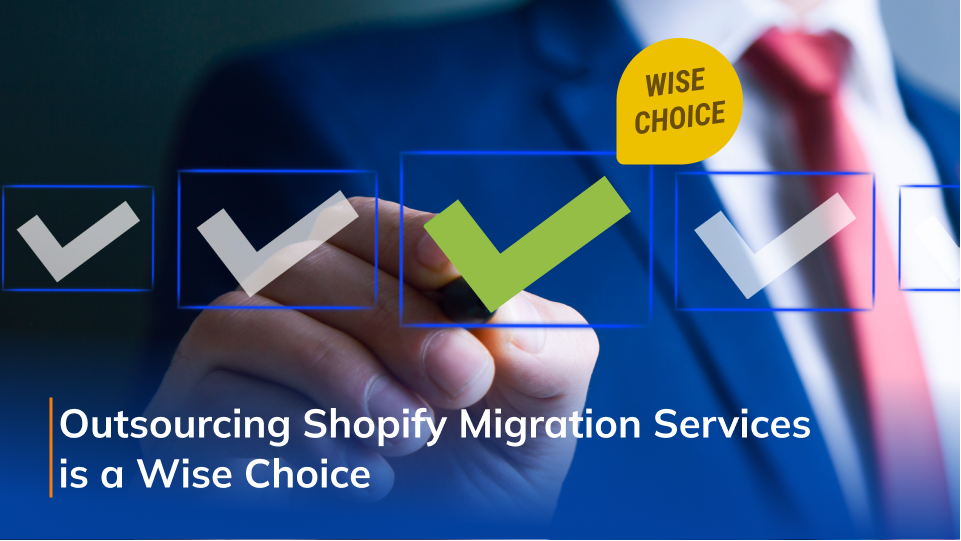
Outsourcing the migration process provides businesses with peace of mind, knowing that their online store is in capable hands. The service providers can guide businesses through each migration step, offering insights and recommendations based on their experience working with similar businesses. By leveraging their expertise, businesses can avoid common pitfalls and maximize the benefits of migrating to Shopify.
Time and cost savings
Outsourcing Shopify migration services can save businesses valuable time and resources. Professional service providers have a streamlined process and efficient execution strategies, minimizing the time required for the migration. They can handle complex tasks such as data mapping, platform compatibility, and customization, allowing businesses to focus on their core activities.
Moreover, outsourcing the migration process eliminates the potential for errors and delays that inexperienced teams may encounter. Service providers are well-versed in the intricacies of Shopify migration, ensuring a smooth transition without compromising data integrity or customer experience. By avoiding costly mistakes, businesses can save both time and money in the long run.
Focus on core business activities
By outsourcing Shopify migration services, businesses can free up their internal resources and focus on their core activities. Migrating to a new platform can be time-consuming and requires technical expertise. Delegating this task to experts allows business owners and employees to concentrate on growing their business, developing strategies, and providing excellent customer service.
Outsourcing technical tasks to professionals also ensures that businesses stay current with the latest features and updates of the Shopify platform. Service providers can handle ongoing maintenance, security measures, and necessary updates, allowing businesses to stay competitive in the ever-evolving e-commerce landscape.
Explore more:
Optimizing Conversion Rates with Shopify Checkout Extensions
Shopify Storefront: The Power of Progressive Web Apps (PWAs) with Storefront API

Conclusion
In conclusion, Shopify migration offers significant benefits for B2C business sites, including enhanced user experience, robust e-commerce features, and streamlined operations. Outsourcing Shopify migration services is a wise choice to overcome the challenges involved in the process. By leveraging the expertise of professionals, businesses can ensure a smooth and efficient migration, saving time and resources. Outsourcing also allows businesses to focus on core activities and stay competitive in the dynamic e-commerce landscape. Consider outsourcing Shopify migration services to unlock the platform’s full potential and drive business growth.
Get your Shopify/Shopify Plus migration from SupremeTech!
SupremeTech offers comprehensive solutions for migrating your current website to Shopify. We have the expertise to build tailored software that streamlines your e-commerce management and enhances customer experience.
Contact us now to take a step forward and discover how you can make your unique business idea come true with our technical solutions.
Related Blog


